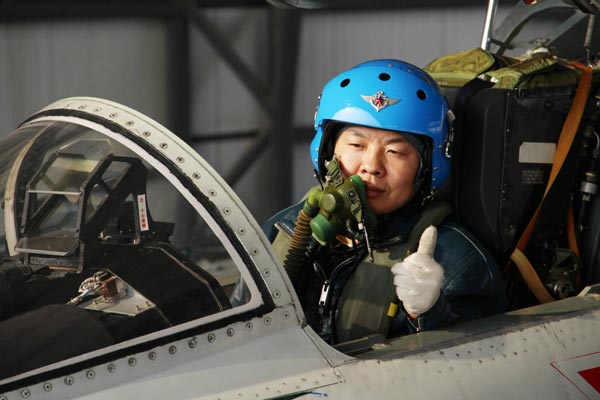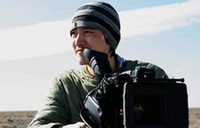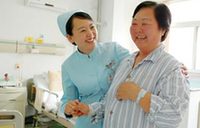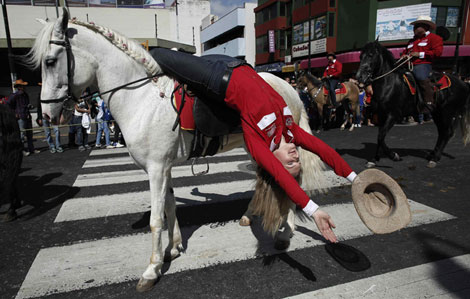Flying high once more
Updated: 2013-12-26 09:39
By Peng Yining (China Daily)
|
|||||||||||
 |
|
Shen Wenjie is back in his cockpit after an operation to remove a brain tumor. Provided to China Daily |
A brain tumor nearly grounded a veteran fighter pilot forever but Shen Wenjie was determined to get back in the air, he tells Peng Yining in Yantai, Shandong province.
|
 |
|
 |
|
 |
While he has never fought in real combat fighter pilot Shen Wenjie faced the fight of his life against a brain tumor.
Around midnight one night in March 2010, the 39-year-old Shen fell into a brief coma without warning. He was sent to hospital for a craniotomy, a surgical operation in which a bone flap is temporarily removed from the skull. Doctors found a tumor, as big as a chicken egg, in his brain.
"Can I fly?"
That was the first question asked by Shen, a captain who has been intensively trained for more than 20 years.
It was very difficult to answer that question at that time. Although the tumor was benign, Shen needed an operation to remove it. Not only his flying career but his health, even his life, were up in the air, according to Zhou Renlu, chief medical officer at Shen's regiment.
"Challenges that fighter pilot face physically and mentally during their missions are far more intensive than ordinary people, and even ordinary pilots, have ever encountered, says Zhou.
Medical officer Xiong Xiaogan flew with Shen from his base in Shandong to Beijing for further treatment.
"I didn't expect a person who experienced such a big operation would be able to fly again. There was no such case in China's military history, says Xiong.
The operation left a scar that was about four centimeters long and shaped like a new moon on Shen's head. "If you look carefully, you can still see the scar," says the soft-spoken Shen, pointing.
"I asked, again, if I could fly, after I woke up from the anesthesia," he says.
This time, the answer was, "Maybe".
That was comforting, he says. "It was better than a 'No'. As long as the doctor didn't say 'No', there was hope.The risk was obvious, says Pu Zhaodong, the commander of Shen's regiment. If Shen's wound couldn't bear the gravitational acceleration and bursts during a mission, or if he fainted while in the air, not only was he at risk but other people's lives and property would be threatened.
The operation was successful. The tumor was completely removed. The wound healed and his body recovered fast.
Related Stories
Keeper shines at lighthouse 2013-12-17 07:35
Tree of knowledge offers more than maple leaves 2013-12-15 14:57
For the love of tigers, she sets them free 2013-12-10 09:36
Disability no barrier to can-do spirit 2013-12-03 13:18
Heart of gold 2013-11-28 11:05
Today's Top News
Chinese students in US take the road to luxury
China to take free navigation system global
Country's hepatitis B vaccines are safe: WHO
War shrine visit fury mounts
ODI on track to outstrip FDI
NSA phone program lawful: judge
China reports 12th vaccine-related death
Natural disasters kill 1,181 in China this year
Hot Topics
Lunar probe , China growth forecasts, Emission rules get tougher, China seen through 'colored lens', International board,
Editor's Picks

|

|

|

|

|

|





